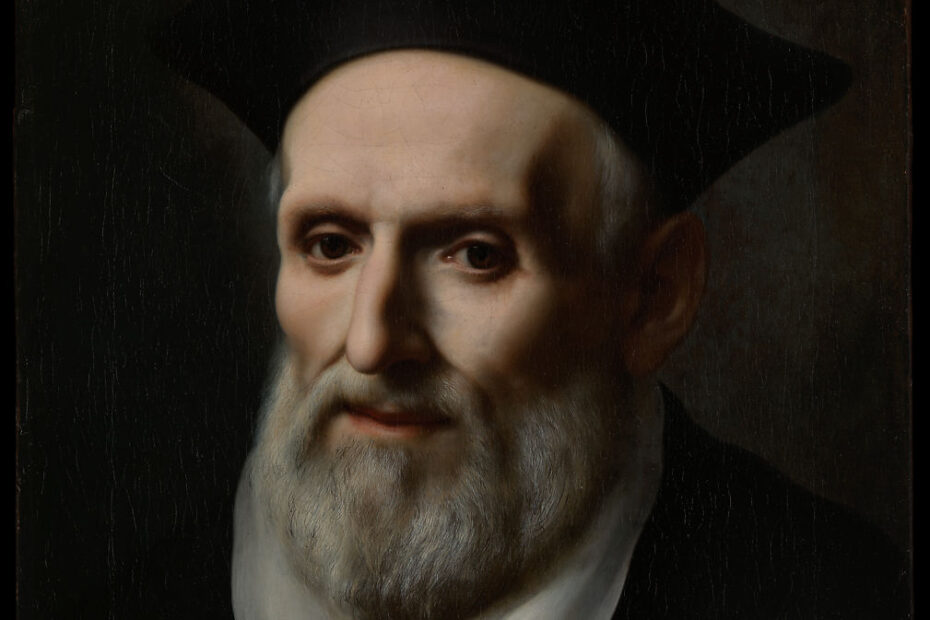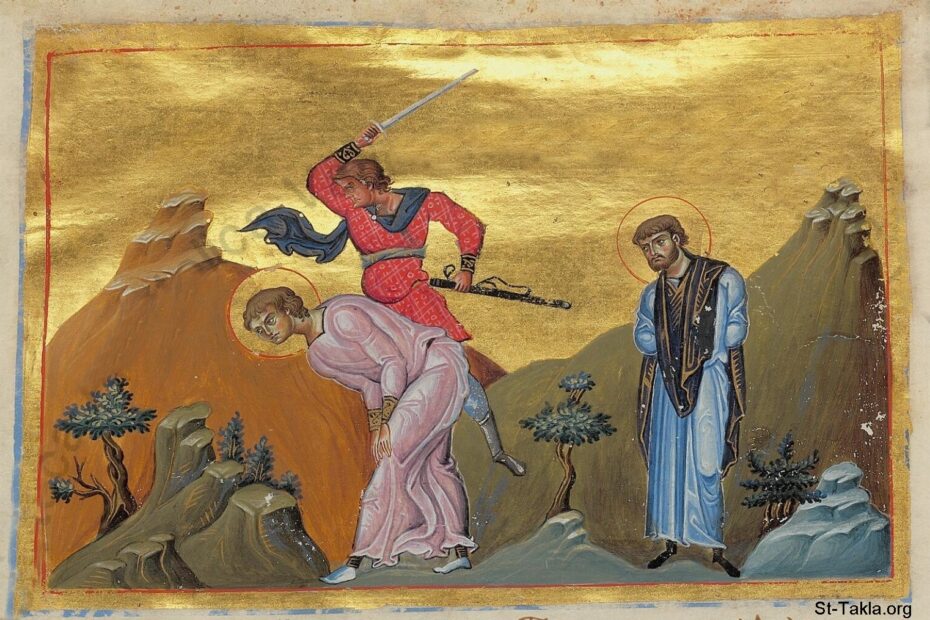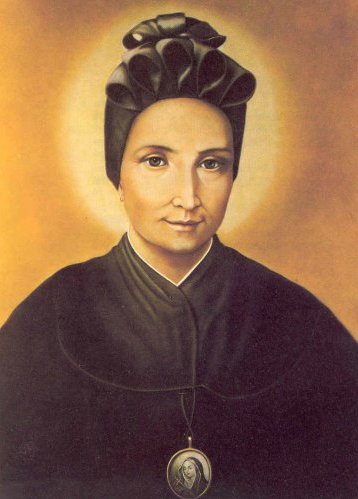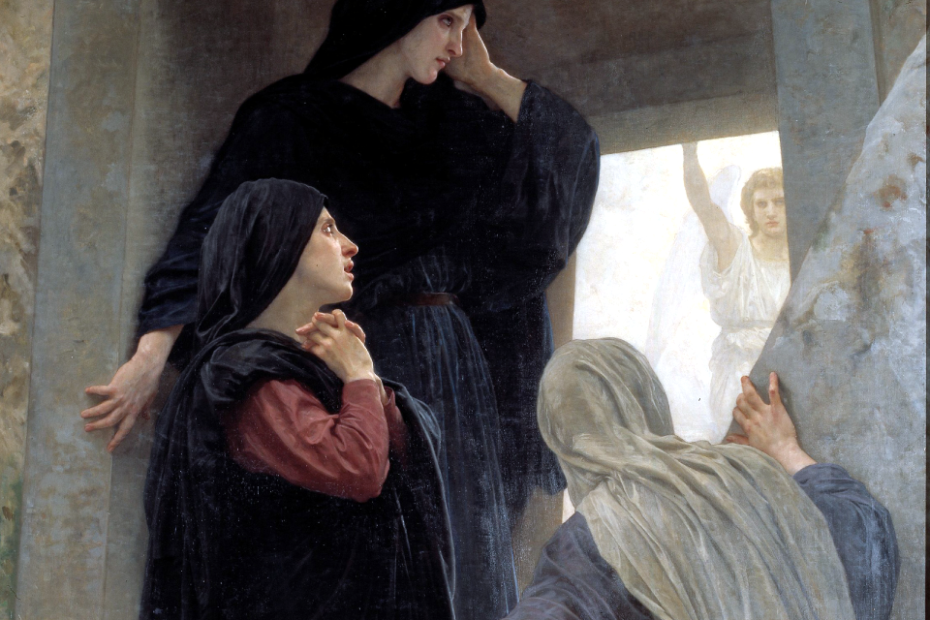Historically today is the feast of St. Apollonius, the Apologist, a martyr whose Apologia, or defense of the faith, is called one of the most priceless documents of the early Church. Apollonius was a Roman senator who was denounced as a Christian by one of his slaves. The Praetorian Prefect, Sextus Tigidius Perennis, arrested him, also putting the slave to death as an informer. Perennis demanded that Apollonius denounce the faith, and when he refuesed, the case was remanded to the Roman senate. There a debate took place between Perennis and Apollonius that clearly outlines the beauty and the value of Christianity. Despite his eloquent defense, Apollonius was condemned and beheaded.









